In recent years, the problem of enterprises discharging toxic wastes into the environment still causes headaches for the authorities of Vietnam. Many businesses carry out projects with a scale of trillions but very modest investment in waste treatment systems. So, what sanctions does the law prescribe for enterprises' acts of discharging waste into the environment?
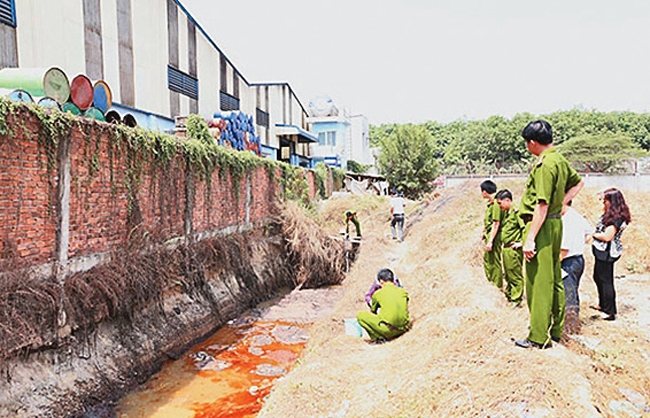
According to Clauses 5, 6, 7 Article 7 of the Law on Environmental Protection 2014 of Vietnam, organizations and individuals are strictly prohibited from discharging hazardous solids, liquids and gases into the environment, including:
- Get rid of untreated wastes or sewage to meet the rigorous standards stipulated in technical regulations on environment; spread toxics, radioactive substances and other hazardous substances out to the land, water and air.
- Discharge hazardous wastewater, waste substances and microorganisms and other poisonous agents which can impose risks to human beings and creatures into water sources.
- Discharge smoke, dirt and gas containing toxic agents or smells into the air; emit the radiation, discharge the radioactivity and get substances to be exposed to the ionization, which exceeds the acceptable level stipulated in the technical regulations on environment.
To determine the level of harm that these wastes cause to the environment, it is necessary to base on factors measuring the level of toxicity such as the amount of waste, the number of times exceeding the national technical regulations, etc., which are specified in Decree No. 19/2015/NĐ-CP of Vietnam’s Government.
1. Basis for determining the discharge causing environmental pollution
According to Article 33 of Decree No. 19/2015/NĐ-CP of Vietnam’s Government, the identification of facilities which cause environmental pollution or severe environmental pollution must be done objectively, equally and in accordance with law; depending on the environmental national technical regulation and seriousness of acts of violation causing environmental pollution.
2. Determinants of seriousness of violation of acts causing environmental pollution
These determinants are specified in Clause 2 Article 33 of Decree No. 19/2015/NĐ-CP of Vietnam’s Government, specifically as follows:
- For the acts of wastewater, emission and dust discharge exceeding the environmental national technical regulations: volume of wastewater, discharge of waste gas and dust from the facilities; a number of times exceeding the environmental national technical regulation of the specific environmental parameters exceeding the national technical regulation on waste existing in wastewater, waste gas and dust from the facilities;
- For the acts of causing noise and vibration exceeding the environmental national technical regulations: a number of times exceeding the national technical regulation on noise, vibration, subjects affected, point of time and location of acts;
- For the acts of landfill or discharge into soil or water environment of pollutants in solid, liquid or muddy form improperly that makes the soil or water environment exceed the national technical regulation on the surrounding environmental quality: a number of times exceeding the national technical regulation on quality of surface water, underground water, sea water, ambient air and land environment of environmental parameters caused by such acts.
3. Sanctions
Administrative sanctions:
- Principle sanctions: According to Article 4 of Decree No. 155/2016/NĐ-CP of Vietnam’s Government, any entities that commit administrative violations against regulations on environmental protection shall be liable to 02 principal penalties: which are a warning and a fine. The maximum fine for a violation against regulations on environmental protection incurred by an individual is VND 1,000,000,000; that incurred by an organization is VND 2,000,000,000.
- Additional penalties: Impose fixed-term suspension of License for treatment of hazardous waste/License for discharge of industrial emissions. All activities of enterprises generating waste to be treated will be temporarily suspended until the end of the treatment period, other activities not related to the discharge process are still allowed to continue.
Besides, enterprises that commit administrative violations against regulations on environmental protection may be liable to one or some remedial measures:
- Enforce the restoration or remediation of environment which is polluted by administrative violations;
- Enforce the relocation of the business establishment causing serious environmental pollution to a location in conformity with the planning and the environment's carrying capacity.
Criminal liability:
According to Article 235 of the Criminal Code 2015 of Vietnam amended by Clause 58 Article 1 of the Law on Amendments to Criminal Code 2017 on “Causing environmental pollution”, if an enterprise has an act of discharging waste causing environmental pollution, depending on the nature and extent of the act, it may be fined, temporarily suspended or permanently suspended from operation. Specifically:
- Fines: From VND 3 billion to VND 20 million (depending on the extent of the damage).
- Temporary suspension: From 06 months to 36 months.
- Permanent suspension: In case an enterprise causes damage or is likely to actually cause damage to many people's lives, causes environmental incidents or adversely affects security, social order and safety and is unable to remedy the consequences caused.
Thus, for the purpose of deterrence, stronger hands with the waste discharge behavior of enterprises, the new Criminal Code of Vietnam has increased the fine for "Causing environmental pollution", increased the minimum fine from VND 1 billion to VND 3 billion, increased the maximum fine to VND 20 billion. With such a strict sanction, it is hoped that businesses will make positive changes in environmental protection, and invest in a more methodical waste treatment system.
Legal bases:
- Law on Environmental Protection 2014 of Vietnam;
- Decree No. 19/2015/NĐ-CP of Vietnam’s Government;
- Decree No. 155/2016/NĐ-CP of Vietnam’s Government;
- Law on Amendments to Criminal Code 2017 of Vietnam.
Nguyen Phu
 Article table of contents
Article table of contents
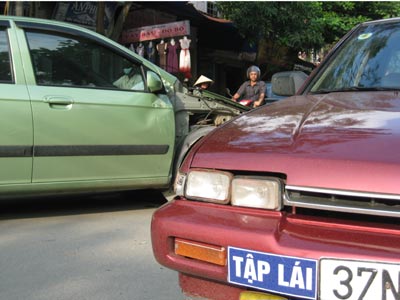


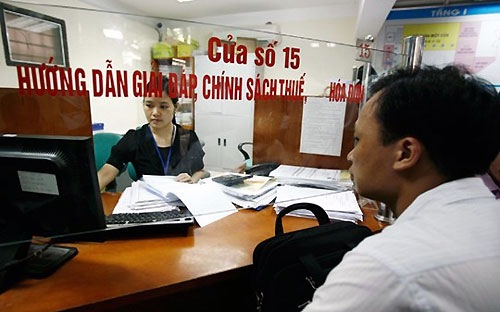

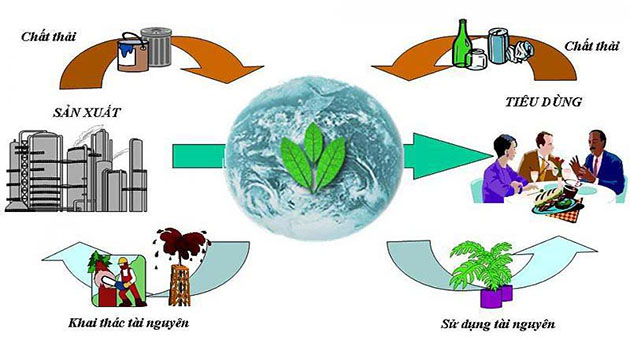


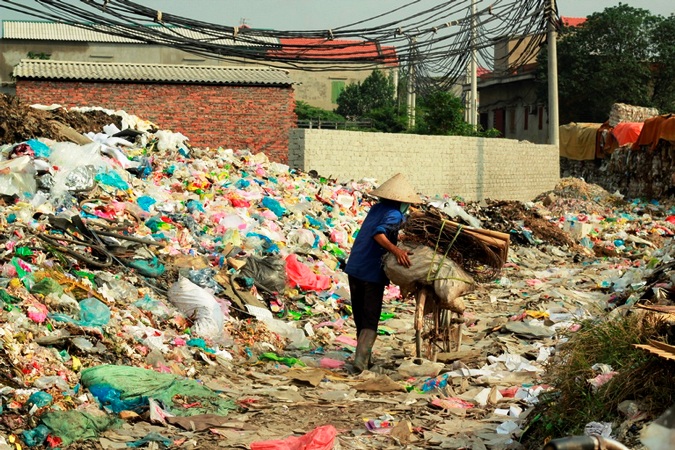

.Medium.png)
.Medium.png)
.Medium.png)
.Medium.png)
